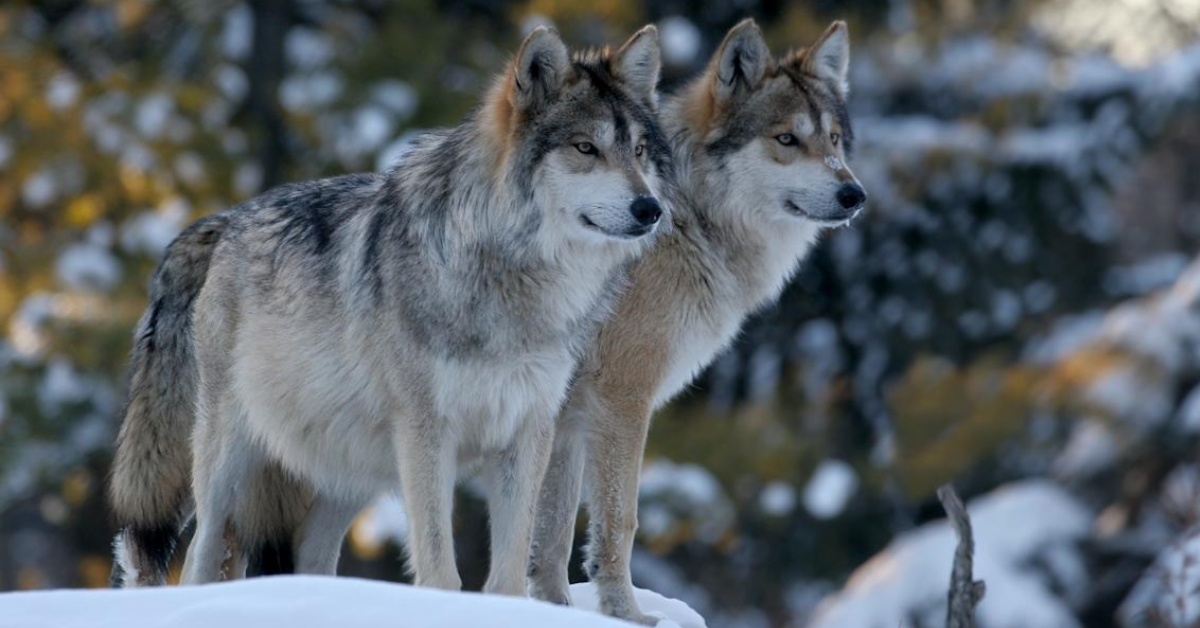California counties have recently declared a state of emergency due to increasing wolf attacks on livestock. This move comes after a series of reported incidents where wolves have harmed or killed farm animals, causing concern among farmers and local communities. The state and county officials are now taking steps to address the problem and support affected farmers.
Wolves, which were once nearly extinct in California, have been making a comeback in recent years. While their return is important for the ecosystem, it has also brought challenges, especially for farmers who raise livestock. Wolves naturally hunt animals, and when their usual prey is scarce, they may target cattle, sheep, and other farm animals. This has led to financial losses and stress for many farmers.
The counties that declared the state of emergency are asking for extra help from the state government. They want quicker responses to wolf attacks and more resources to protect their livestock. Some farmers have reported losses that hurt their livelihoods, and they need support to recover. By declaring an emergency, counties can access special funds and support programs designed to help in such situations.
California wildlife officials are working to find a balance between protecting wolves and supporting farmers. They are exploring several solutions. These include better fencing, using guard animals like dogs, and non-lethal deterrents such as lights or sounds to keep wolves away from farms. The goal is to reduce conflicts without harming the wolf population.
In some cases, authorities may allow targeted removal of problem wolves that repeatedly attack livestock. However, this is done carefully and only when other methods have failed. Protecting both farmers and wildlife is a delicate task, and officials want to avoid unnecessary harm to the wolves.
Farmers are also encouraged to report wolf sightings and attacks quickly. This helps wildlife managers respond faster and track wolf activity. Early reporting can prevent more attacks and allow for timely protection measures.

The state of emergency also highlights the need for more education and awareness. Some farmers are still learning how to protect their animals in areas where wolves are returning. Sharing information about safe farming practices and how to live alongside wildlife is important for long-term success.
Local communities are divided. Some people support wolf conservation and believe the animals are vital to nature. Others sympathize with farmers who face losses and want stronger protection for livestock. Finding common ground and working together will be important for peaceful coexistence.
The return of wolves in California is part of a larger trend seen in other parts of the United States. Wolves have been recovering in numbers in several states, bringing new challenges but also ecological benefits. They help control populations of deer and other animals, which can improve the health of forests and grasslands.
At the same time, the conflict with farmers reminds us that wildlife management requires careful planning and cooperation. Solutions must protect both the environment and people’s livelihoods. Governments at local, state, and federal levels are increasingly focused on creating policies that reflect this balance.
Farmers in affected counties hope the emergency declaration will bring faster action and more funding for protection efforts. Some are already investing in stronger fences and guard dogs to keep their animals safe. Others are calling for more research on wolf behavior and better tools to prevent attacks.
In the coming months, officials will meet with community leaders, farmers, and wildlife experts to discuss the best ways to manage the situation. The goal is to reduce the number of wolf attacks while supporting farmers and protecting California’s natural heritage.
For now, those living in areas where wolves roam should stay alert. If you own livestock, consider taking extra precautions and report any wolf activity to local wildlife authorities immediately. The state of emergency means that help is available, but cooperation from the community is needed to make a difference.
In summary, the wolf attacks in California have caused significant concern, leading several counties to declare a state of emergency. This action allows for quicker response and access to resources to support farmers. Wildlife officials are working on solutions to protect both wolves and livestock.
Cooperation between communities, officials, and farmers is essential to find a long-term balance. The situation is a reminder of the challenges that come with wildlife returning to their natural habitats and the need to protect both animals and people.








